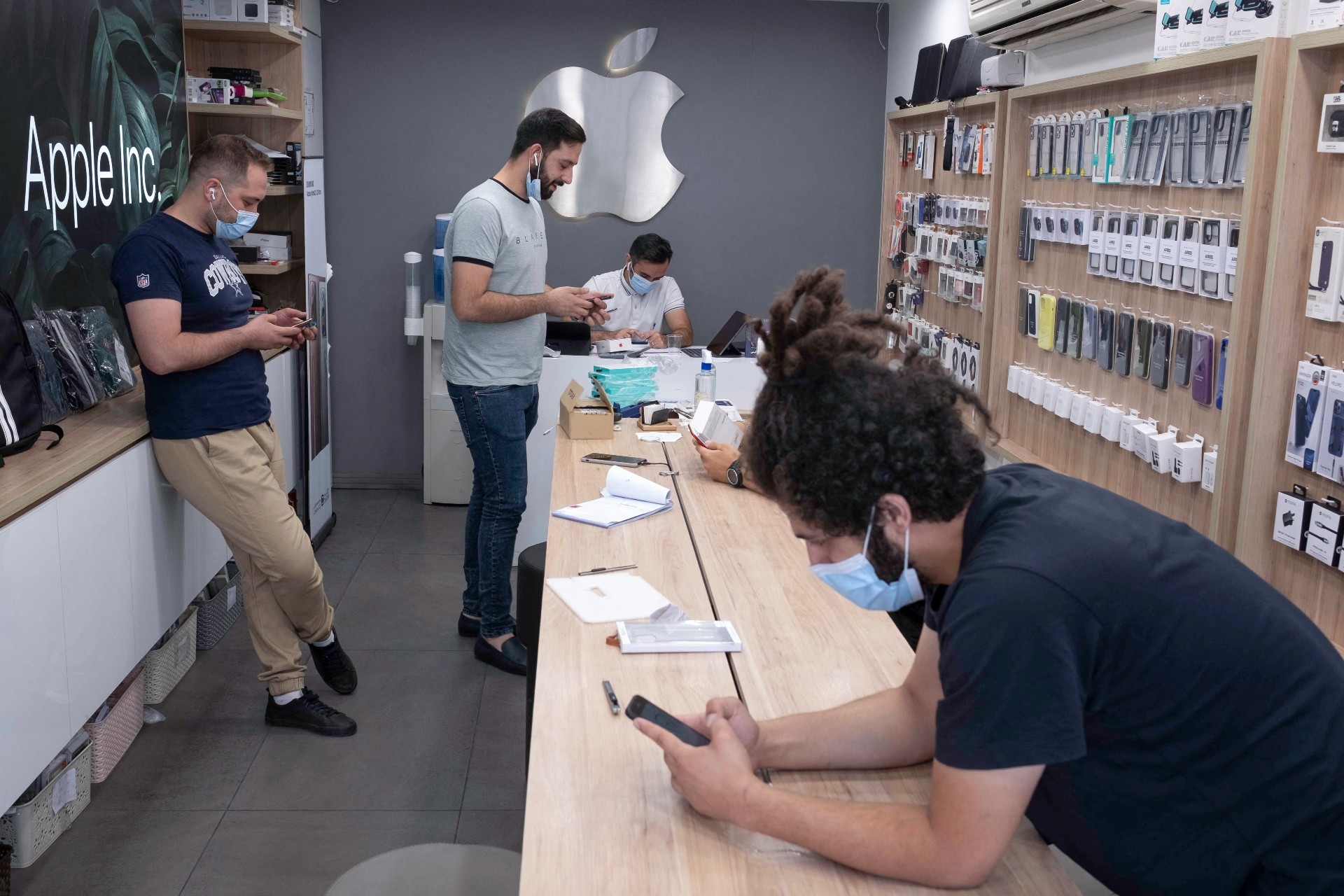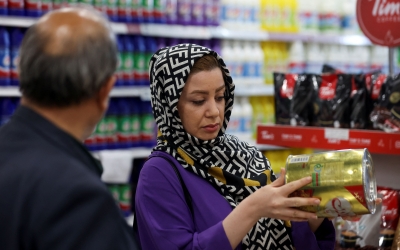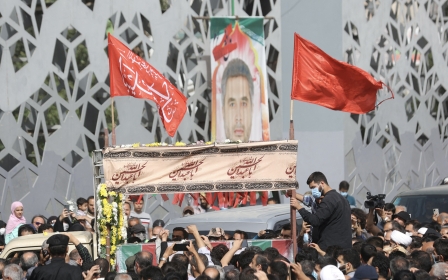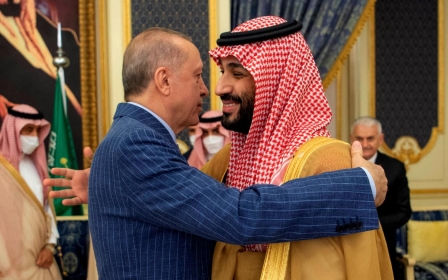Iran just banned iPhones and people are not happy about it

Apple may have banned the sale of its products in Iran and have no official agents in the country, but the iPhone remains one of the most popular phones among Iranians.
Although many Iranians are struggling to make ends meet under tough foreign sanctions and a crippling economic crisis, some spend huge amounts of money on buying the latest Apple phones, which are brought into Iran through unofficial channels by importers from neighbouring countries.
However, on 22 May, local media reported that Apple’s iPhones have now been completely banned.
Importers said they had been blocked from registering new orders for Apple phones on an online system run by the Iranian Ministry of Industries, Mines and Trade (MIMT).
When trying to register their orders, a message appeared on the system reading: “The Apple mobile phone brand has been included in the Goods Category No. 27 since 22 May and registering orders will not be possible.”
Controversy over American phones and their popularity has played out in the Iranian public discourse in recent years, with authorities becoming increasingly hostile to the products. But Iranian importers are unsure why the ban has come in now.
Alireza, an Iranian businessman who imports mobile phones, told Middle East Eye: "It is not clear what is happening behind the scenes and why they imposed this ban or restriction, but whatever the case, its effect can be seen in the market immediately."
Confusion breaks out
Don’t expect the supply of iPhones to dry up in Iran, though.
Mohammad Javad Azari Jahromi, former information and communications technology minister, reminded people on his Telegram channel that previous efforts to ban iPhones had mixed success.
"The last time they decided to ban the import of iPhones, I asked the head of the Radio Regulatory Authority to prepare a quarterly report on the imports of mobile phones. The report clearly showed that a group of people had imported a large number of iPhones in an unauthorised way," he said.
The issue immediately affected the market. Digitala, which is the most popular shopping online website in Iran, stopped selling its iPhones within minutes of the announcement.
But the industry has already begun to push back.
'When nothing is certain yet, why should I sell my phones at a low price?'
- Hossein, mobile phone vendor
Mohammad Reza Alian, spokesman for the Mobile Phones Importers Association, told the Entekhab website on Tuesday that the announcement was more of a restriction rather than a ban:
“We were not officially notified of the imports ban, and in talks with government officials it became clear that the restriction was due to technical problem with the order registration system that would be resolved soon,” he said.
The same day, Saeed Abbaspour, director general of the MIMT's Export and Import Regulatory Office, said: "There are no restrictions on registering an order for all mobile phone brands, and some prioritisation procedures change periodically and then return to normal."
But those prioritisation procedures, according to the government official, caused the price of mobile phones in the Iranian market to soar.
For example, the iPhone 13 128 GB, which was sold on 15 May for about 25 million tomans (around $833), increased to 35 million tomans ($1,166) after the ban.
Some vendors have decided to refuse to sell iPhones before there is further clarification from authorities.
“When nothing is certain yet, why should I sell my phones at a low price? Not only me, but most of my colleagues have decided not to sell iPhones for the time being to know what to do,” said Hossein, who sells mobile phones in Tehran's Aladdin Bazaar.
“If I sell at a lower price now and there is a restriction in place tomorrow and the prices go up, I can no longer be able to buy new ones, so I will wait to see where the market will go."
Middle East Eye propose une couverture et une analyse indépendantes et incomparables du Moyen-Orient, de l’Afrique du Nord et d’autres régions du monde. Pour en savoir plus sur la reprise de ce contenu et les frais qui s’appliquent, veuillez remplir ce formulaire [en anglais]. Pour en savoir plus sur MEE, cliquez ici [en anglais].





